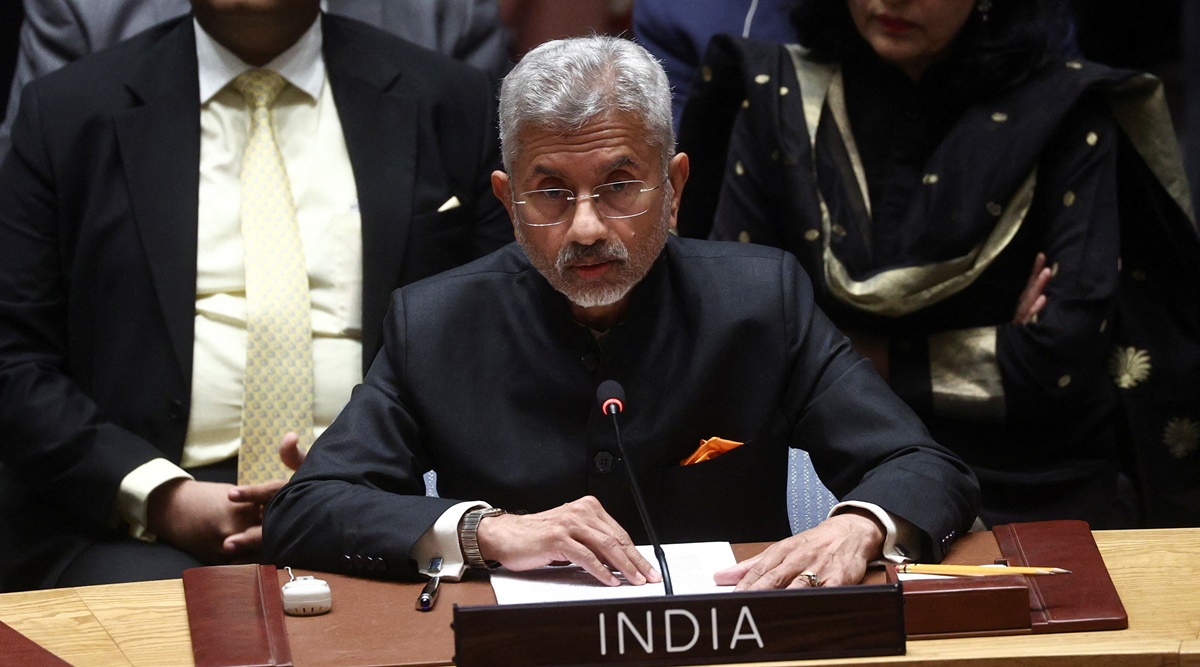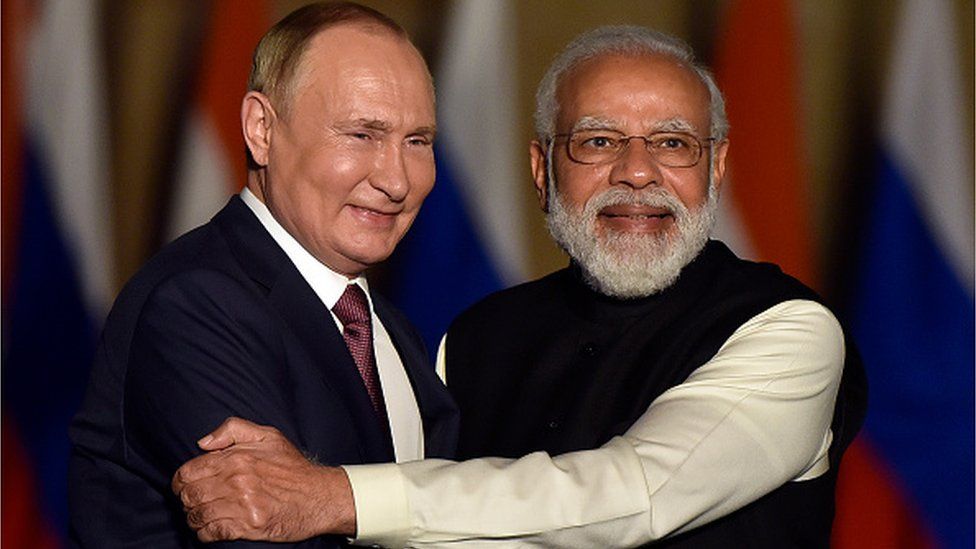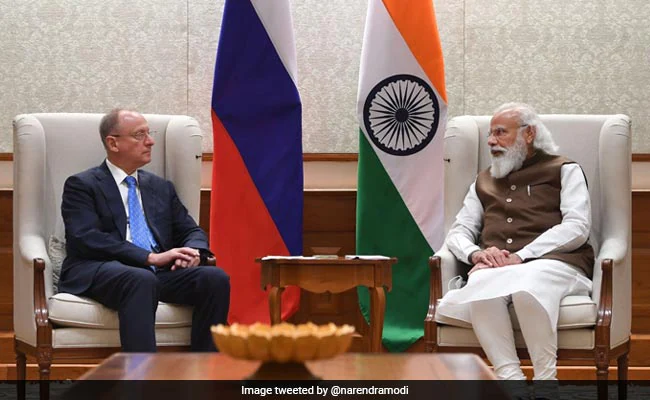India, a staunch supporter of peaceful conflict resolution through diplomacy and dialogue, expressed its support for efforts aimed at ending the Ukraine conflict. In a joint statement issued by the foreign ministers of the Brics (Brazil-Russia-India-China-South Africa) member states in Cape Town, the relevant proposals of mediation and good offices were appreciated for their potential to bring about a peaceful resolution.
The Indian Ministry of External Affairs spokesperson, Arindam Bagchi, emphasised India’s longstanding commitment to mediation efforts and the belief in finding a way forward through diplomatic channels. When asked about a specific peace plan proposed by China, Bagchi refrained from characterising it as a mediation effort but stated that any mediation endeavour directed towards a peaceful resolution would be welcomed by India.
The Brics foreign ministers, in their joint statement, reiterated their national positions on the situation in and around Ukraine as expressed in international forums like the United Nations Security Council and General Assembly. They called for the full and effective implementation of the Black Sea Grain Initiative and the memorandum of understanding between Russia and the UN Secretariat regarding the promotion of Russian food products and fertilisers in world markets. The ministers stressed the importance of ensuring continued access to grains and fertilisers for those in need.
India’s Dedicated Approach: Emphasizing Diplomacy and Dialogue for Resolving the Ukraine Conflict
In addition to their focus on the Ukraine conflict, the Brics foreign ministers also emphasised the need for reforms in the principal organs of the United Nations, including the Security Council, to enable better responses to global challenges. They acknowledged the significant role played by Brazil, India, and South Africa in global affairs and expressed their aspiration to play a greater role within the UN.
At a time when the Group of Seven (G7) raised concerns about Russia’s invasion of Ukraine at the Group of Twenty (G20), the Brics foreign ministers highlighted the G20’s importance as the premier multilateral forum for economic cooperation and for jointly seeking solutions to global challenges.
The joint statement further condemned all forms of terrorism and reiterated the commitment of Brics states to combat cross-border movement of terrorists, terrorism financing networks, and safe havens. The ministers emphasised the need for a comprehensive approach by the international community to effectively curb terrorist activities that pose a serious threat. They also rejected double standards in countering terrorism and extremism conducive to terrorism.
India’s Diplomatic Approach: Commitment to Dialogue in Resolving the Ukraine Conflict
India’s stance on supporting mediation efforts and advocating for diplomacy and dialogue aligns with its longstanding principles of peaceful conflict resolution. The country recognises the importance of international cooperation and multilateral forums like Brics and G20 in addressing global challenges. By condemning terrorism in all its forms, India emphasises the need for a comprehensive and unified approach by the international community to tackle this grave threat.
Through its diplomatic endeavour’s, India remains committed to working towards a peaceful resolution of the Ukraine conflict and promoting stability on the global stage.
India’s commitment to diplomacy and dialogue in resolving conflicts was reaffirmed by the Ministry of External Affairs spokesperson, Arindam Bagchi, who emphasised the country’s support for mediation efforts and its belief in finding peaceful solutions through diplomatic means. This stance was particularly relevant in the context of the Ukraine conflict, as discussions took place among the foreign ministers of the Brics member states.
The joint statement issued after the meeting in Cape Town acknowledged and appreciated the proposals for mediation and good offices aimed at achieving a peaceful resolution of the Ukraine conflict. While the specific peace plan proposed by China was not explicitly characterised as a mediation effort, Bagchi expressed India’s openness to any mediation endeavour that could contribute to a peaceful resolution.
The Brics foreign ministers also recalled their national positions on the situation in and around Ukraine, which had been expressed in various international forums, including the United Nations Security Council and General Assembly. They emphasised the importance of implementing the Black Sea Grain Initiative and the memorandum of understanding between Russia and the UN Secretariat, focusing on the promotion of Russian food products and fertilisers in global markets. Ensuring the continued supply of grains and fertilisers to those in need was underscored as a critical aspect of addressing the humanitarian consequences of the conflict.
In addition to the Ukraine conflict, the joint statement highlighted the necessity for reforms in the principal organs of the United Nations, particularly the Security Council, to enhance their responsiveness to global challenges. The foreign ministers recognized and affirmed the crucial role played by Brazil, India, and South Africa in global affairs, expressing their aspiration to have a greater influence within the UN.
The Brics foreign ministers’ emphasis on the importance of the Group of Twenty (G20) as the premier multilateral forum for economic cooperation was particularly significant amidst the backdrop of the Group of Seven‘s (G7) concerns regarding Russia’s actions in Ukraine. The ministers stressed the value of the G20 in seeking collective solutions to global challenges, underscoring the need for cooperation and dialogue among the world’s largest economies.

